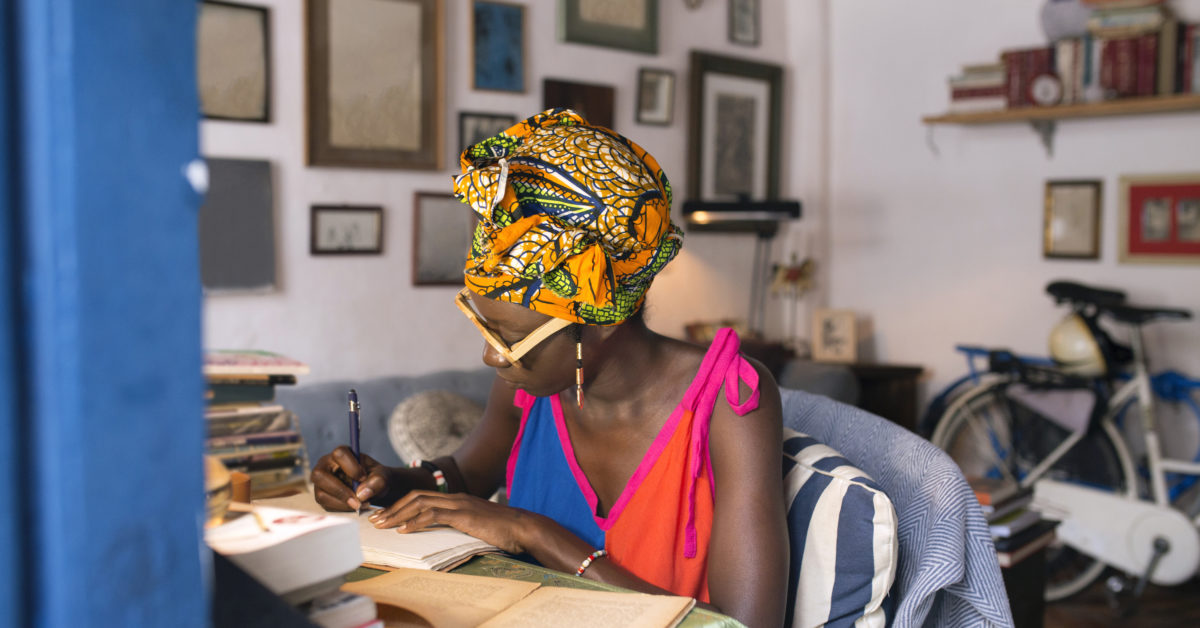Restrictive measures aimed at curbing the new coronavirus pandemic have changed the lives of people all over the world in drastic ways. For this Special Feature, we have asked readers and contributors to share their best coping strategies.

People from all over the world have been reporting that current restrictive measures taken in response to the COVID-19 pandemic have significantly altered the daily course of their lives.
In April, dozens of respondents told Medical News Today about the impact the current public health emergency has had on the well-being of themselves and their loved ones.
But what are people doing to cope? A survey from March, 2020 indicates that in the United States, at least, many individuals have turned to unhealthful coping strategies, such as increased alcohol consumption or the use of other recreational substances.
The same survey also suggests that a majority of U.S. respondents were actively seeking to improve their situation by taking affirmative action.
So what are some helpful coping strategies? To find out, Medical News Today asked readers on social media to tell us what they do make their lives better at this uncertain time.
We also spoke to contributors from all over the world about their top coping tips.
In this Special Feature, we give you an overview of some top coping strategies. We also look at why scientists agree these actions can help improve our well-being.
Many people told MNT that exercising indoors or outdoors, as well as practicing yoga, meditation, or forms of prayer have helped to keep them grounded and focused.
One reader told us that, for them, “walking and running [are] [g]reat stress reducers after long days at work,” while another mentioned “yoga, books, and praying” as their go-to in these uncertain times.
Diana, from France, told MNT that it is thanks to regular exercise that she now feels less anxious and more optimistic. “I have been exercising every morning with my neighbor, so for the past few days or past week, I have been feeling super positive, and everything’s been O.K.,” she said.
“We are permitted 3 hours for any activity, either alone or with one other person,” Christina, from Greece, told us. “I use this option to go out every day for a run. Therefore, physically and mentally, I feel very good.”
It is not surprising that these activities have benefited the mental and physical well-being of people worldwide during the pandemic.
Numerous studies have demonstrated that physical activity, yoga, meditation, and prayer are all linked to better overall health.
Researchers have shown that exercise could prevent depression, boost aspects of our memory, reduce inflammation, and even increase lifespan.
Yoga and meditation could have a direct impact on physiological drivers of stress and resilience to hardship, while the simple presence of religious faith in someone’s life has ties to longevity.
In countries with less stringent public health emergency measures in place, many people have been taking advantage of the opportunity to take walks in nature.
One reader, reaching out to MNT on social media, said: “I go for a walk every day, and I really appreciate nature [and] fresh air.”
Researchers have linked walking, as a form of casual, non-strenuous exercise, to a variety of health benefits, including lower blood pressure, improved psychological well-being, and a longer lifespan.
Some of our readers have also said that they try to take advantage of nature and fresh air in any way they can. This might be by stepping outdoors for a while or just sitting out on the balcony.
“Since the weather got warmer, [my family and I] have started going out on occasional walks in the forest near our house,” Mihai, from Romania, told us.
“During the day, [our young son] stays out on the balcony for a while, he tries to [entertain himself by spotting] cats, dogs, pigeons,” he added.
“One of the main lifelines for me has been reading in the garden in the sunshine,” another MNT reader commented on social media.
Many readers have also told us that they have taken up gardening as a means to enjoy the fresh air and sunny weather, if they have access to a garden or a balcony.
While gardening can certainly be calming, it may bring many health be

